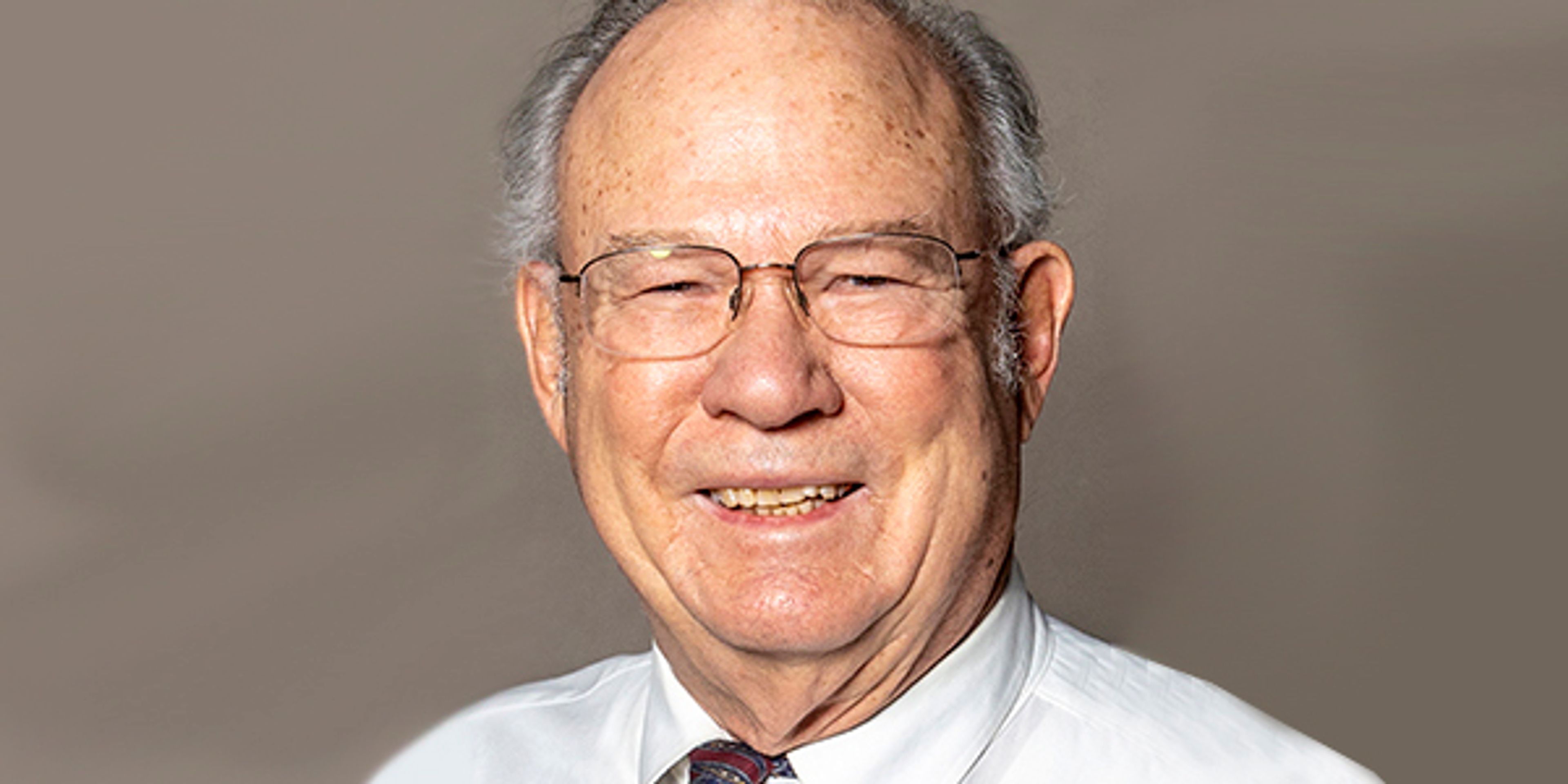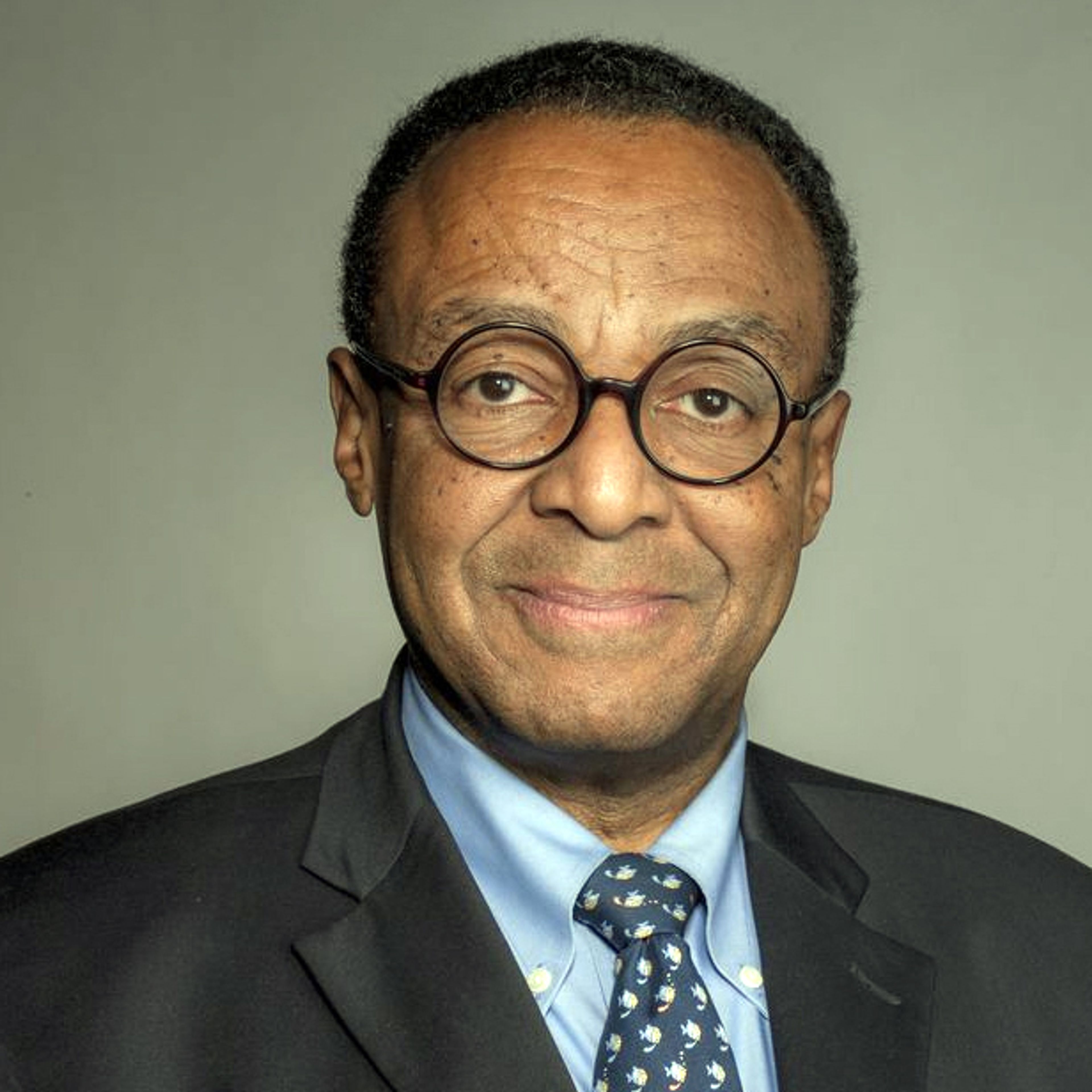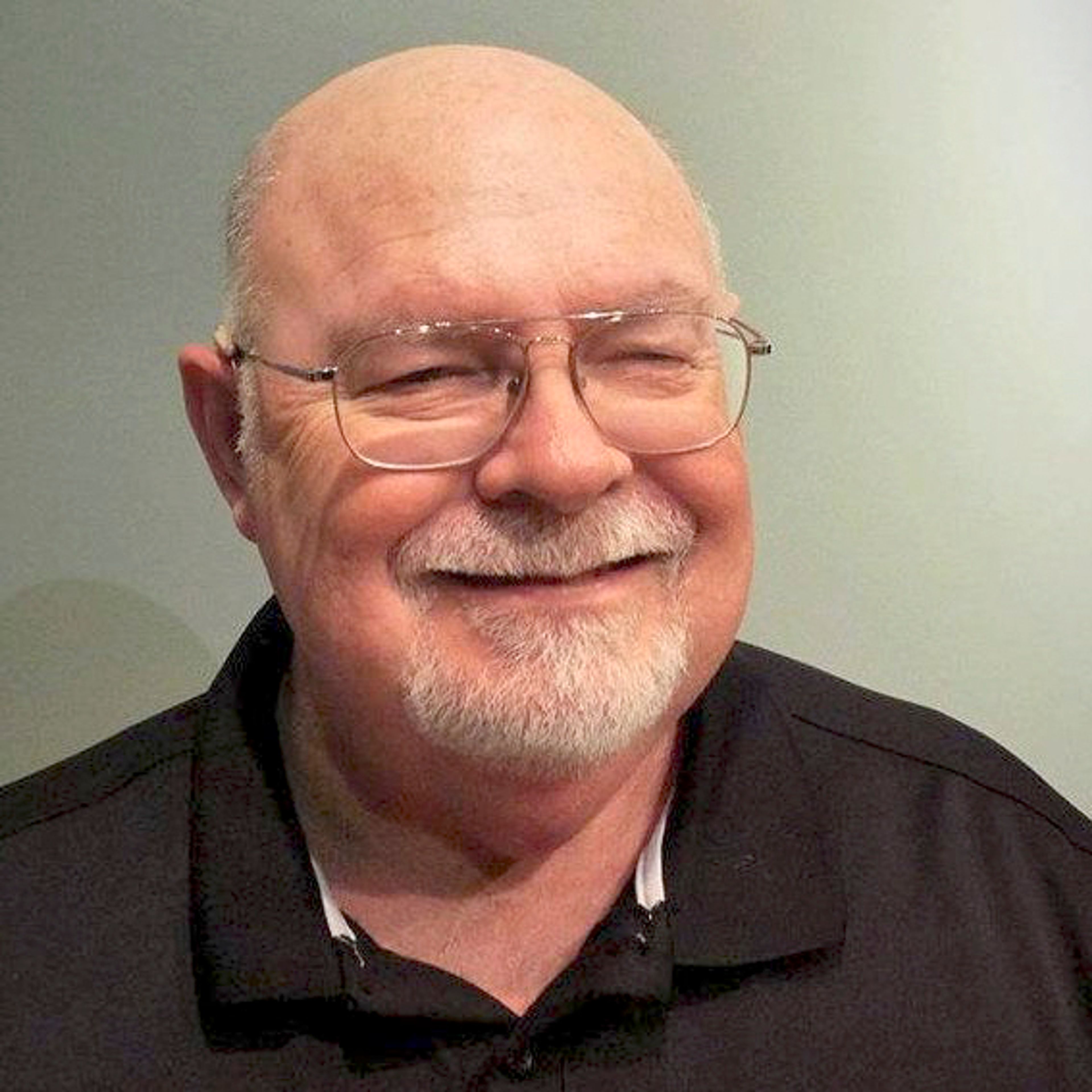OPINION: Financial aid frustrations are worth enduring
Guest Editorial: Another Newspaper’s Opinion
This editorial was published in the Yakima Herald-Republic.
———
As the late former President Ronald Reagan once famously said: “The nine most terrifying words in the English language are ‘I’m from the government, and I’m here to help.’ ”
That was nearly 40 years ago, but for some — especially families trying to cut through the confusing tangle of the Free Application for Federal Student Aid (FAFSA) — it might still ring true.
As stressful as applying for financial aid for college can be, it’s been even more frustrating this year, according to many local families and school counselors. It’s the first year of a federal expansion and revamp of the program — and well-intentioned as it is, it’s come with a few ... well, blips.
Congress ordered the update under the perhaps unfortunately titled FAFSA Simplification Act of 2020, and the Department of Education rolled out the new process in December.
The goal was to increase the availability of aid and streamline applications, particularly for students from mixed-status families — such as students who are U.S. citizens but whose parents are undocumented or don’t have Social Security numbers.
In the long run, college counselors say, it’ll get better. Many, in fact, are praising the new FAFSA’s benefits and say things should run much smoother next year.
“When the FAFSA application has worked, it’s worked well,” Amber Goodrich told Herald-Republic reporter Jasper Kenzo Sundeen. “It’s more streamlined.” Goodrich is a regional officer for the College Success Foundation, which helps Yakima Valley youths apply for college.
But in the meantime, there’s a lot of gnashing of teeth as families scramble to complete applications in time for the coming school year. They are dealing with websites that won’t load, workarounds that don’t work and dozens of hair-tearing delays and glitches.
It’s a little like buying a new car or a new computer and being overwhelmed by all the unfamiliar functions, dials, ports and buttons — some of which might need some fine-tuning back at the dealer.
Recognizing the bottlenecks, all six of Washington’s four-year public universities, along with at least three private institutions, have extended their enrollment commitment deadlines for National College Decision Day from May 1 to June 1.
Counselors from colleges, high schools and organizations devoted to supporting college-bound students are doing everything they can to help, too.
Because it’s in everybody’s best interest for this to work. Students should have more aid options, while colleges should get some benefit amid wavering enrollments. Perhaps the biggest winners, however, will be the communities that can look forward to better informed and more qualified workers, bosses, entrepreneurs and leaders down the road.
So the government’s intentions seem laudable this time. Even if they don’t always get it right on the first try.
TNS








